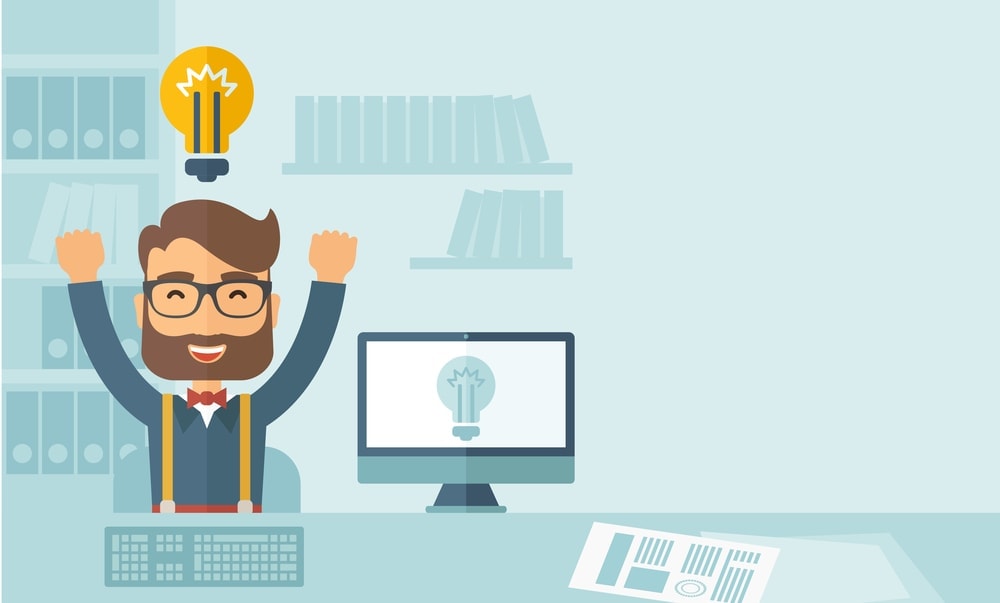Get Expert Financing
- Matched with investor-friendly lenders
- Fast pre-approvals-no W2s required
- Financing options fro rentals, BRRRR, STRs
- Scale your portfolio with confidence
It’s finally happened. You’ve got your first paycheck from your first grown-up job.
More likely, your employer has directly deposited your pay into your bank account. However, the principle is the same. You’ve been paid, and you can start benefitting from all that education you went through.
But what should you do with that first paycheck?
Here are five things to take care of now that you are making money:
Even if you aren’t getting a “real” paycheck, your pay stubs are recorded somewhere. Many companies offer employee portals where you can look online to see copies of your pay stubs. Or, you might get a paper copy of your pay stub, even as the money itself is deposited into your account. At the very least, you should be able to get your HR rep to show you your pay stub.
Look at the pay stub to make sure that everything looks accurate.
Are you getting the right amount of pay? If the company accidentally pays you too much, you can be required to pay it back down the road. Or, once the mistake is discovered they might just take it out of a future check. Either way, that’s a rough way to deal with the mistake. Get it fixed now before it becomes a problem.
You should also make sure all your deductions are right. From your retirement account contribution to your deductions for state and federal taxes, you want things to be right.
If you look at your pay stub and realize you aren’t contributing to a retirement account, now is the time to change that up. In some cases, you might not be eligible until you have worked at the company for 30, 60, or 90 days. Find out from HR when you can start contributing to the company retirement plan and make a note of the date so you can participate.
If your company doesn’t have a retirement plan, open an IRA. In many cases, your company can still arrange to divert some of your paychecks to the IRA you open. It requires gathering a little extra information, but it’s well worth it to make sure that you are preparing for your future.
Next, make sure that you are saving for a rainy day. This is different from saving for retirement. Try to put some of each paycheck aside each month. Some employers will do this for you, directly depositing into a savings account in addition to your retirement account and putting the rest into your checking account.
If you can’t set it up with your employer, set up an automatic transfer. It’s usually possible to choose a day in the month so you can move your money from your checking account to your savings account each month. Make it automatic, so you don’t have time to spend the money.
Even you think you don’t have enough to save, a little bit can make a difference. The important thing is to get in the habit. When you are making more money, you can increase what you save.
When you have debt, it reduces your ability to build wealth. Make sure that you get in the habit of putting a little extra toward your debt each month, starting with your first paycheck. The faster you pay down debt, the more freedom you have in the long run. Create a debt plan and stick to it for best long-term results.
Finally, make sure you are paying your bills. That means that you might not have a lot left over for the “fun” stuff. However, sometimes you need to make hard decisions about what to do with your money.
Make sure you pay your bills and then live within your means with what’s left over. That way, you won’t keep digging the debt hole.
You are in a new place. It’s awesome to be making your own money. With that, though, comes new responsibilities. With some planning and persistence, you can make the best possible decisions with your first paycheck — and all the paychecks that come after it.
Our advice is based on experience in the mortgage industry and we are dedicated to helping you achieve your goal of owning a home. We may receive compensation from partner banks when you view mortgage rates listed on our website.

